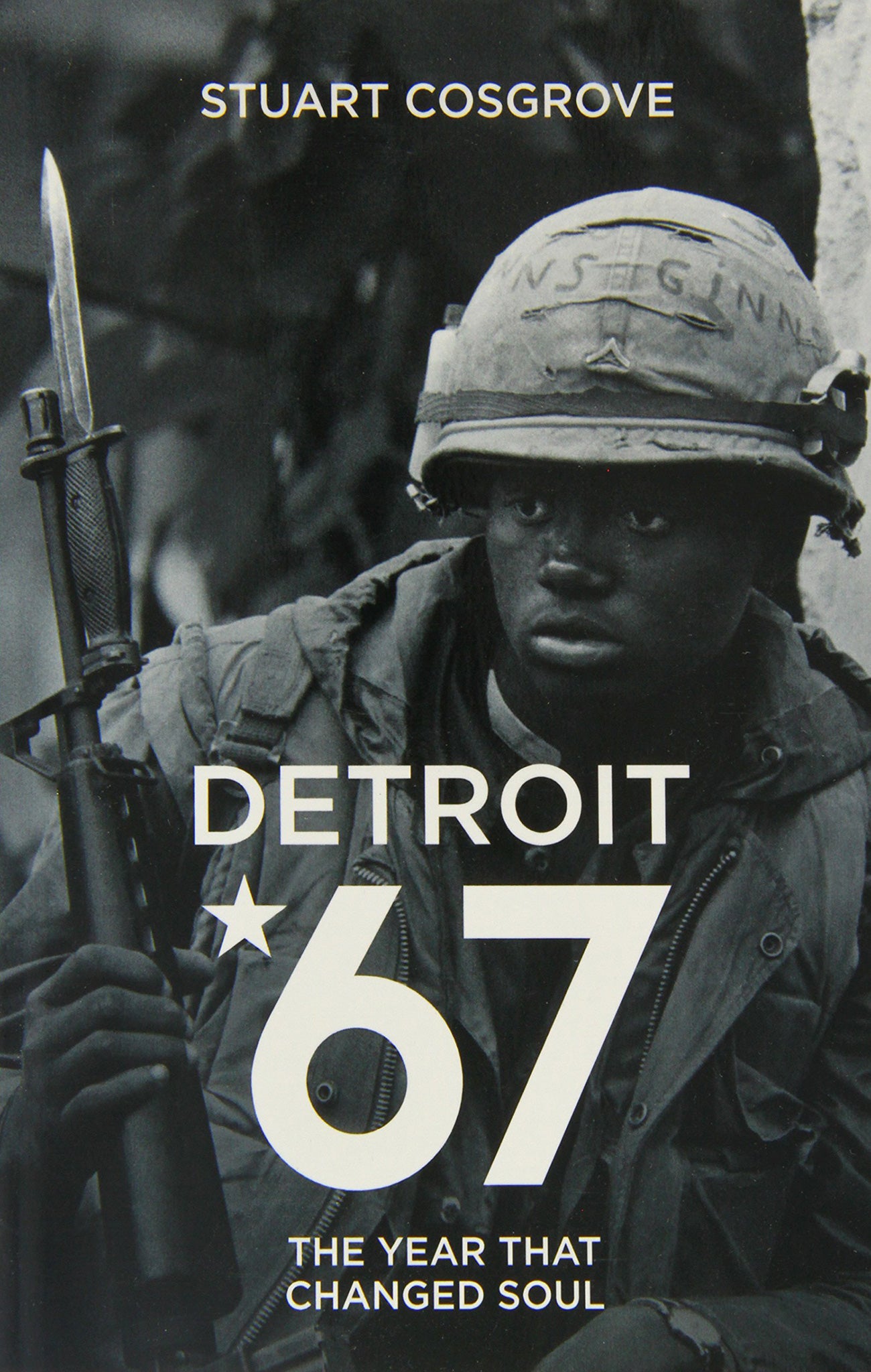Detroit 67: The Year that Changed Soul by Stuart Cosgrove - book review: Politics and soul in the Motown melting pot
A tale set at a fulcrum of American social and cultural history

Your support helps us to tell the story
From reproductive rights to climate change to Big Tech, The Independent is on the ground when the story is developing. Whether it's investigating the financials of Elon Musk's pro-Trump PAC or producing our latest documentary, 'The A Word', which shines a light on the American women fighting for reproductive rights, we know how important it is to parse out the facts from the messaging.
At such a critical moment in US history, we need reporters on the ground. Your donation allows us to keep sending journalists to speak to both sides of the story.
The Independent is trusted by Americans across the entire political spectrum. And unlike many other quality news outlets, we choose not to lock Americans out of our reporting and analysis with paywalls. We believe quality journalism should be available to everyone, paid for by those who can afford it.
Your support makes all the difference.For a music biography that deals in weighty subjects taking place at a politically important period in time, Stuart Cosgrove can’t quite disguise the enthusiasm that permeates Detroit 67 as it marries the politics and soul-music scenes of 1967 in the city. A familiar voice to listeners of BBC Radio Scotland for his football broadcasts, Cosgrove is a Northern Soul obsessive and a former journalist for NME, The Face and black-music magazine, Echoes.
Cosgrove has said that this volume – his first music book (he has published Hampden Babylon, about the underbelly of Scottish football) was inspired by watching the film Dreamgirls and idly trying to marry the fictional events depicted in it with the true story of the Supremes. His tale begins with an image of Diana Ross and Florence Ballard – the former being the Supreme who would win huge solo fame and the latter the one who would die at 32, long before removed from the band and wracked by alcoholism and depression – messing around and singing together.
These women could be the dichotomy at the heart of Detroit, then and more apparently now: on one hand the “arsenal of democracy” that promised prosperity to all, on the other a city struggling with the weight of its own reputation and ability to deliver on all its promise. Told in 12 month-by-month segments, the story weaves in and out of the stories of fellow Motown icons like Smokey Robinson, the Temptations and Marvin Gaye (whose experiences around this period of time would inform his later masterpiece What’s Going On), as well as the equally relevant (and far more politically charged) presence of counter-cultural Detroit proto-punks the MC5, and cameos from significant non-musical figures like Martin Luther King and Muhammad Ali.
With such characters at his disposal, Cosgrove weaves a compelling web of circumstance that maps a city struggling with the loss of its youth to the Vietnam War, the hard edge of the civil rights movement and ferocious inner-city rioting. His prose is dense, not the kind that readers looking for a quick tale about singers they know and love might take to, but a proper music journalist’s tome redolent of the field research that he carried out in Detroit’s public and academic libraries. It is rich in titbits gathered from news reports. It is to be consumed rather than to be dipped into, a whole-hearted evocation of people and places filled with the confidence that it is telling a tale set at a fulcrum of American social and cultural history.
Order for £23 (free p&p) from the Independent Bookshop: 08430 600 030
Join our commenting forum
Join thought-provoking conversations, follow other Independent readers and see their replies
Comments